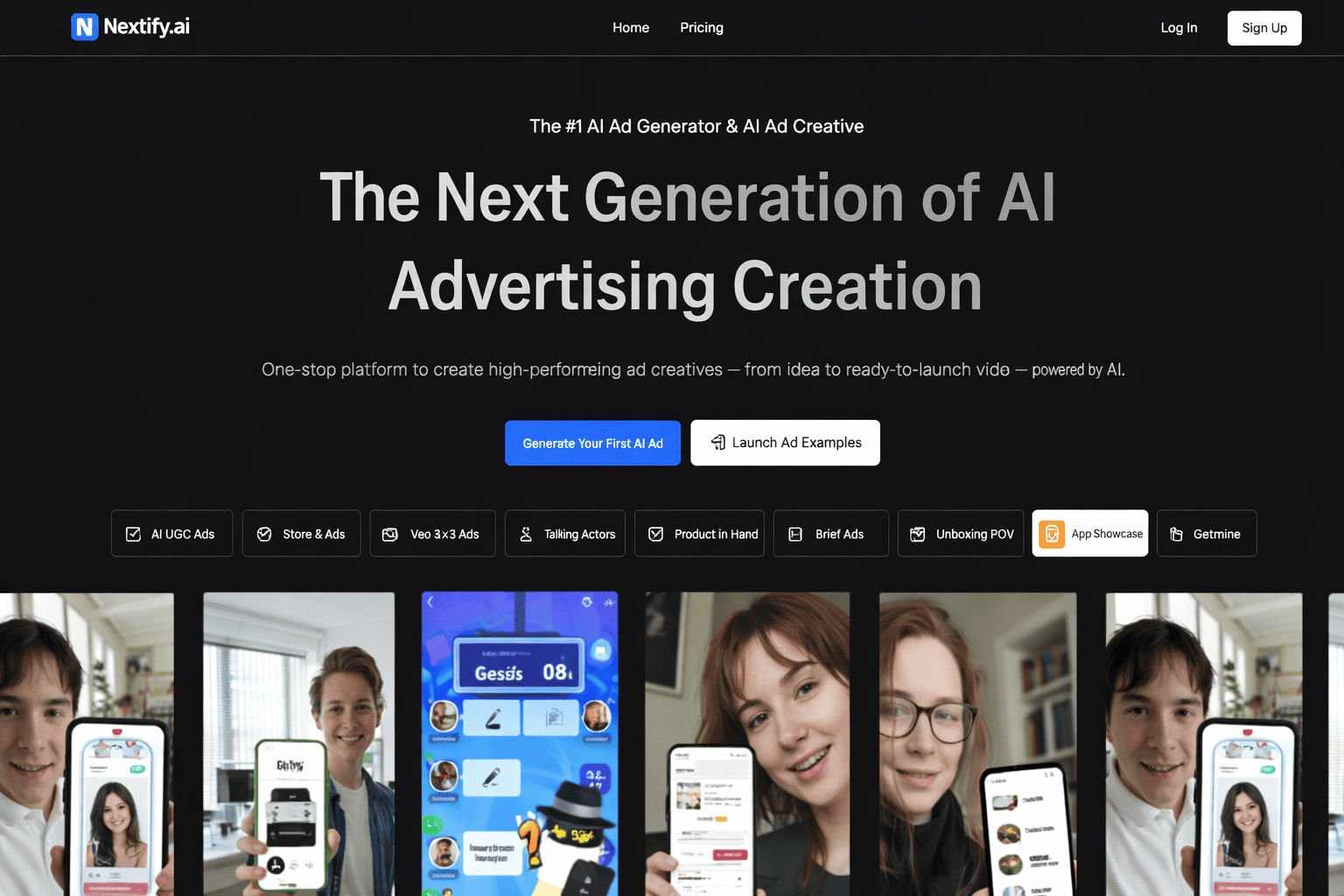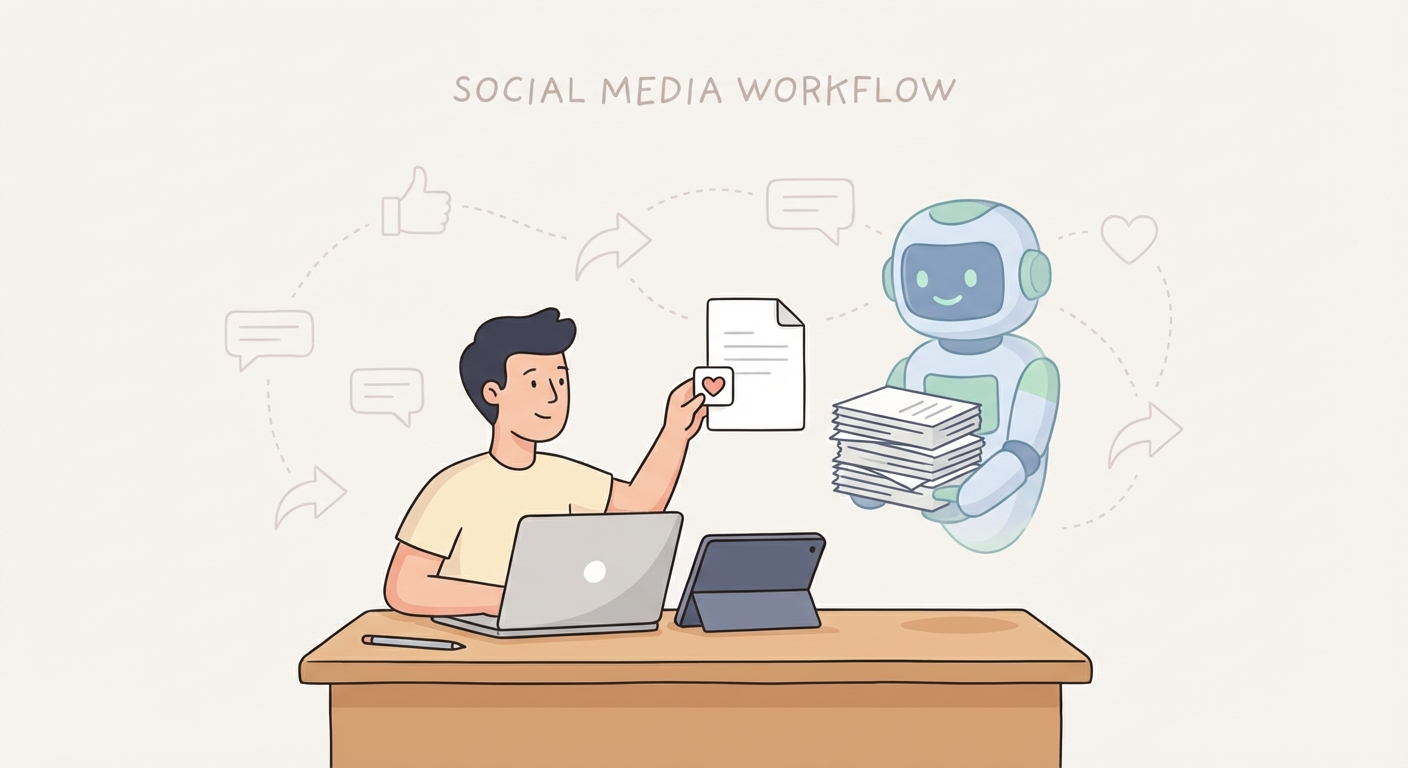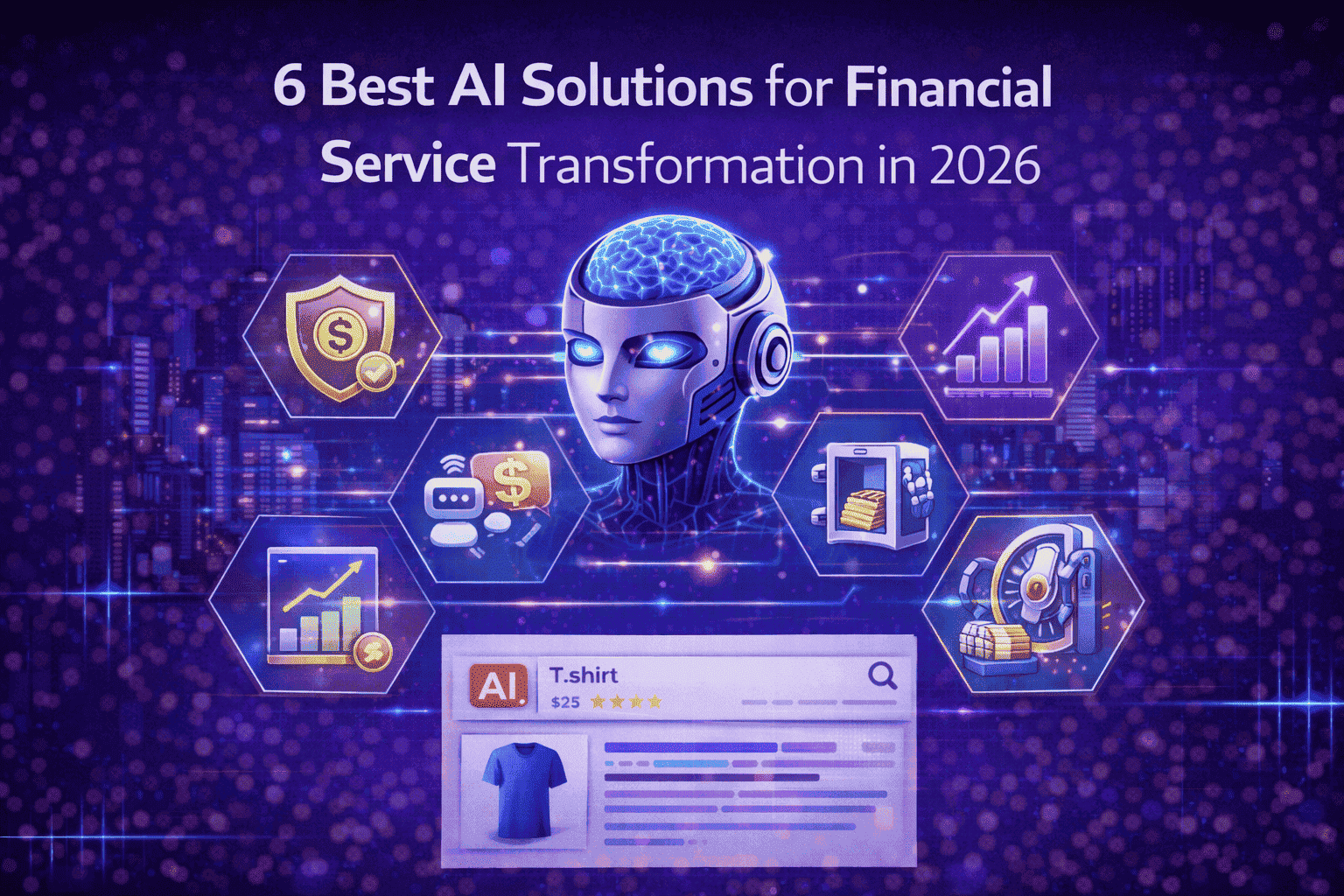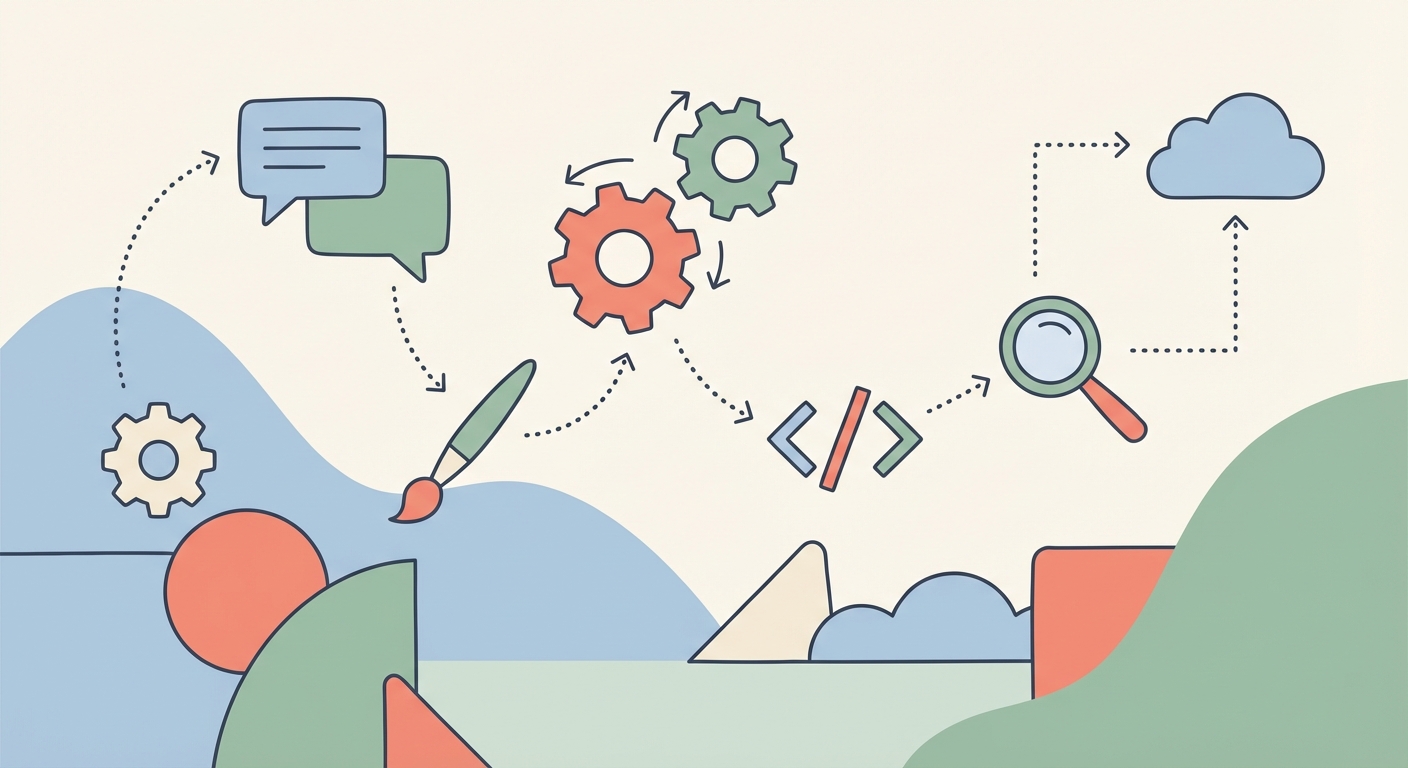Artificial Intelligence in Education
TL;DR
- This article delves into the transformative impact of AI on education, covering everything from personalized learning experiences and automated administrative tasks to addressing inclusivity and skill gaps. It examines the advantages and challenges, providing insights into AI's role in shaping the future of education and ensuring ethical implementation for educators, students, and administrators.
The Rise of AI in Education: An Overview
Okay, so ai in education, huh? Seems like something outta a sci-fi movie, right? But it's here, it's now, and it's kinda changing everything. Wondering how much of this is hype and how much is reality, though.
Essentially, when we're talking about ai in education, we mean using computer systems to do things that normally need a human brain. Think personalized learning, automated grading, or even just making lesson plans. It's not about robots teaching classes (at least, not yet!), but more about using tech to make education more effective and efficient.
- Personalized learning: ai can analyze how a student learn and adapt the lessons to fit them. For example, some platforms adjust the difficulty level based on how well a student is doing.
- Automated tasks: Grading papers, scheduling classes—ai can handle a lot of the boring stuff, freeing up teachers to actually, you know, teach.
- Improved efficiency: ai tools can spot trends in student performance, helping teachers figure out where students are struggling and what needs to be addressed.
It's not just theory, either. Schools and universities are starting to adopt ai tools at a pretty good pace. According to UNESCO, ai has the potential to address some of the biggest challenges in education today, innovate teaching and learning practices, and accelerate progress towards SDG 4: Quality Education. And they're putting money where their mouth is, with increasing investments in edtech companies focused on ai.
Of course, it's not all sunshine and rainbows. There's still resistance to ai adoption, mainly because of concerns about data privacy, algorithmic bias, and whether it'll replace teachers. And, honestly, those are valid points. Do you want your kid's entire education history floating around in some database somewhere?
The key is to approach ai in education thoughtfully and ethically. We need to make sure these tools are used to enhance teaching, not replace it. As the UNESCO notes, rapid technological developments inevitably bring multiple risks and challenges, which have so far outpaced policy debates and regulatory frameworks. We need to get ahead of that curve.
Benefits of AI in Education: Transforming the Learning Experience
AI in education? It's not just about replacing teachers with robots, thank goodness. It's more about making the whole learning process, well, smarter. Let's dive into how AI is actually changing things.
AI can create personalized learning paths by analyzing student data. These platforms adapt to individual needs, adjusting content and difficulty based on performance. It's like having a tutor that really knows you. And that can boost student engagement and improve outcomes.
Okay, let's face it: grading papers is the worst. ai can automate grading- scheduling, and other administrative tasks. This frees up teachers and administrators time, so they can focus on what really matters - interacting with students. It can also improve resource allocation and efficiency, making the whole system run smoother.
ai-powered tools can support students with disabilities; think text-to-speech, visual recognition, and other assistive technologies. These tools help create more inclusive lessons and learning environments, ensuring everyone has an equal opportunity. Tools like Notta.ai, for example, use speech recognition to transcribe spoken words into text, which can be a huge help for hearing-impaired students.
But, there are ethical considerations to keep in mind. As UNESCO noted, we need to address risks like data privacy and algorithmic bias. Ensuring that ai is used ethically and responsibly is crucial for protecting students and fostering a fair learning environment. As one study mentions, data protection is a crucial issue when it comes to sensitive information like mental health.
So, AI has the potential to transform education for the better.
Challenges and Limitations of AI in Education
So, ai in education isn't all sunshine and roses; there's definitely some storm clouds brewing. Are we really ready for this?
First up: data. All that sweet, juicy student data. Collecting it is one thing, but how are we keeping it safe? I mean, schools are already struggling with basic cybersecurity, and now we wanna throw ai into the mix? A data breach could expose everything—grades, health records, even family info. Not cool, man.
Then there's the whole bias thing. ai algorithms aren't neutral; they're built by people, and people got biases. If the ai is trained on biased data, it's gonna spit out biased results. That could mean unfair grading, skewed learning paths, and perpetuating inequalities. No thanks.
But, maybe the biggest worry is losing the human element. Teaching isn't just about spitting out facts; it's about building relationships, understanding individual needs, and fostering critical thinking. Can ai really do that? I'm not convinced.
And all of this fancy tech? It ain't free. Implementing ai systems costs a pretty penny, and that could widen the gap between well-funded schools and those struggling to keep the lights on. To help with this, maybe we could look at more open-source ai tools, or even government funding initiatives to make sure everyone gets a shot.
As one study notes, ethical considerations and the future role of ai in healthcare practice remain central concerns to be addressed in both curriculum development and future research. Looks like there's more to consider as we move forward with ai.
AI Writing Tools: Aiding Students and Educators
Okay, so ai writing tools, huh? It's like having a robot assistant that's actually (sometimes) helpful. But can they really aid students and educators?
- Research and Outlining: ai tools can help students gather information and structure their thoughts. Think of it as a super-powered study buddy that never gets tired. For students, it can offer templates or generate initial draft ideas to overcome writer's block.
- Grammar and Style: These tools offer suggestions to improve writing quality. It's like having a built-in editor, but don't rely on it too much, ya know?
- Creative Content: ai can generate ideas and content, sparking creativity. It's like a brainstorming partner that never runs out of ideas, but remember to add your own spin. For educators, tools like LogicBalls can significantly cut down on the time spent creating high-quality lesson plans, assessments, or presentations. With its vast array of over 5000 tools, it can help generate various educational materials, from social media posts for class announcements to detailed blog articles explaining complex topics.
So, what's next in the world of ai in education?
Ethical Considerations and Best Practices
Okay, so, like, ai in education is taking off, but are we even thinking about the ethics of it all? It's not just about cool tech; it's also about fairness and doing the right thing, ya know?
One of the biggest things to consider is bias. ai algorithms are only as good as the data they're trained on, and if that data is biased, the ai will be, too. So, it's important to use strategies to mitigate bias in ai algorithms, like using diverse datasets and regularly testing for fairness. And it's also about making sure everyone has access to ai tools.
It's not just about getting the tech; it's about knowing how to use it right.
Plus, we need to be able to, like, see how these ai systems are making decisions. Transparency in ai decision-making is crucial. We need mechanisms for holding ai systems accountable for their actions and clear guidelines for ai use in education.
And how about teaching kids about ai itself? It's about educating students about ai capabilities and limitations. They need to develop critical thinking skills to evaluate ai-generated content and promote ethical ai use and responsible innovation.
So, yeah, ai is cool, but let's not forget the human side of things.
The Future of AI in Education: Trends and Predictions
Okay, so what's next for ai in ed? It's kinda like asking what's next for the internet back in the 90s – hard to say exactly, but big changes are comin'.
expect to see ai integrated with vr and ar to create immersive learning experiences. Think virtual field trips to ancient Rome or dissecting a frog without the formaldehyde smell.
ai will likely power hyper-personalized learning. Instead of just adjusting difficulty, it might tailor the entire curriculum based on a student's interests and goals.
ai could help tackle resource inequality. Imagine ai tutoring programs available to every student, regardless of their school's funding.
But, we need ongoing research to ensure ai is used ethically and doesn't widen existing gaps. It's a tool, not a magic bullet.
As UNESCO has pointed out, we need to be mindful of the risks and challenges. So, yeah, exciting times ahead - just gotta keep an eye on the ball.




